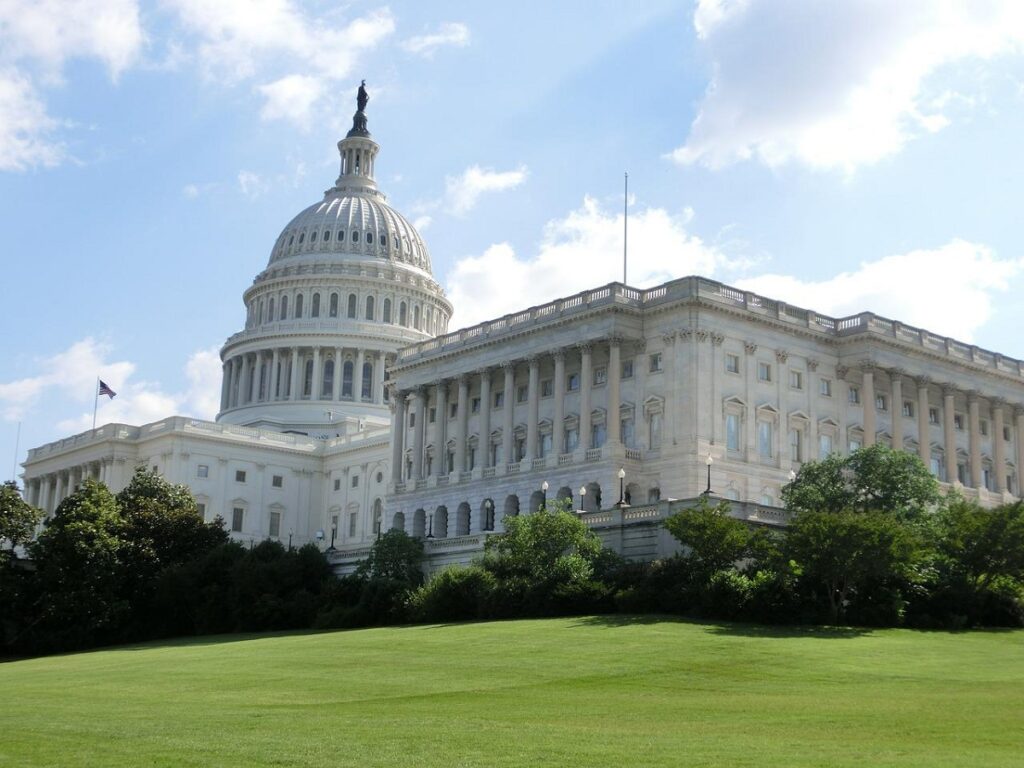U.S. investment in sensitive, cutting-edge research abroad would be more tightly controlled under the proposed National Critical Capabilities Defense Act.
The bipartisan legislation would establish a new Committee on National Critical Capabilities to review, and potentially prohibit, investments in certain “critical capabilities” in “countries of concern.” The Senate Banking, Housing, and Urban Affairs Committee held a hearing on the bill on Thursday, called “Examining Outbound Investment.”
Warning of “the threat of forced technology transfers,” Sen. John Cornyn (R-TX), a co-author of the legislation, told the hearing China has successfully built on foreign investment, which now funds developments in areas like semiconductors and artificial intelligence.
Reuters reported that a bipartisan group of lawmakers wrote the Biden Administration on Tuesday requesting an executive order to increase oversight of foreign investment while they negotiate proper legislation.
“When we cede our manufacturing power and technological know-how to foreign adversaries, we are hurting our economy, our global competitiveness, American workers, industry and national security,” they wrote.
Counseling caution, Committee Ranking Member Pat Toomey (R-PA) told the hearing limits on foreign investment could discourage companies from setting up in the United States.
Despite a “real and present” threat from China, any legislation should “avoid creating unnecessary burdens on U.S. persons’ business transactions,” agreed hearing witness Thomas Feddo, the former Assistant Secretary for Investment Security at the U.S. Department of the Treasury.
Biotechnology Innovation Organization (BIO) President and CEO Dr. Michelle McMurry-Heath has called for measures to facilitate biomanufacturing in the United States.
Earlier this month, President Biden drove American biomanufacturing forward with his executive order on biotechnology and biomanufacturing.




